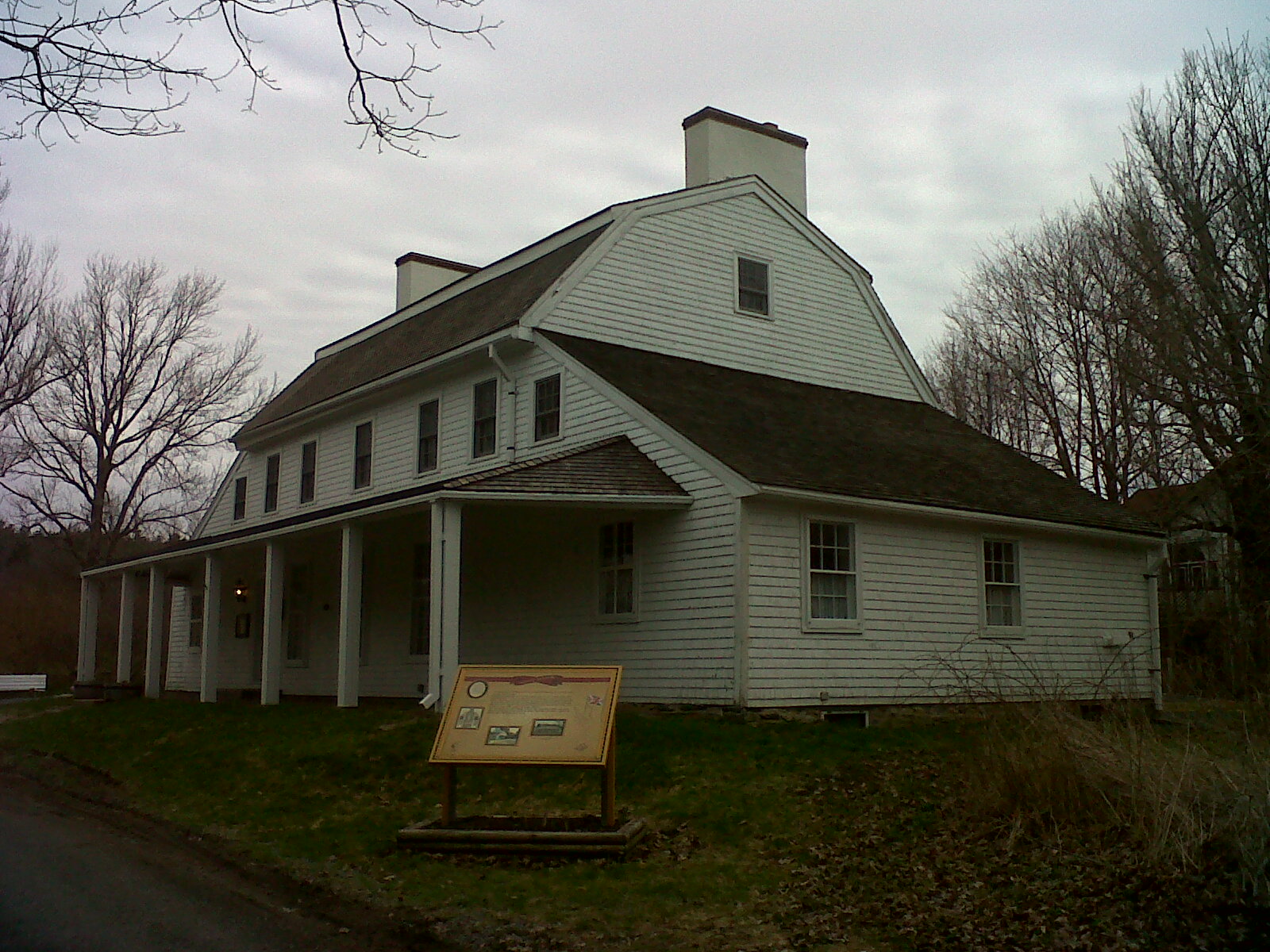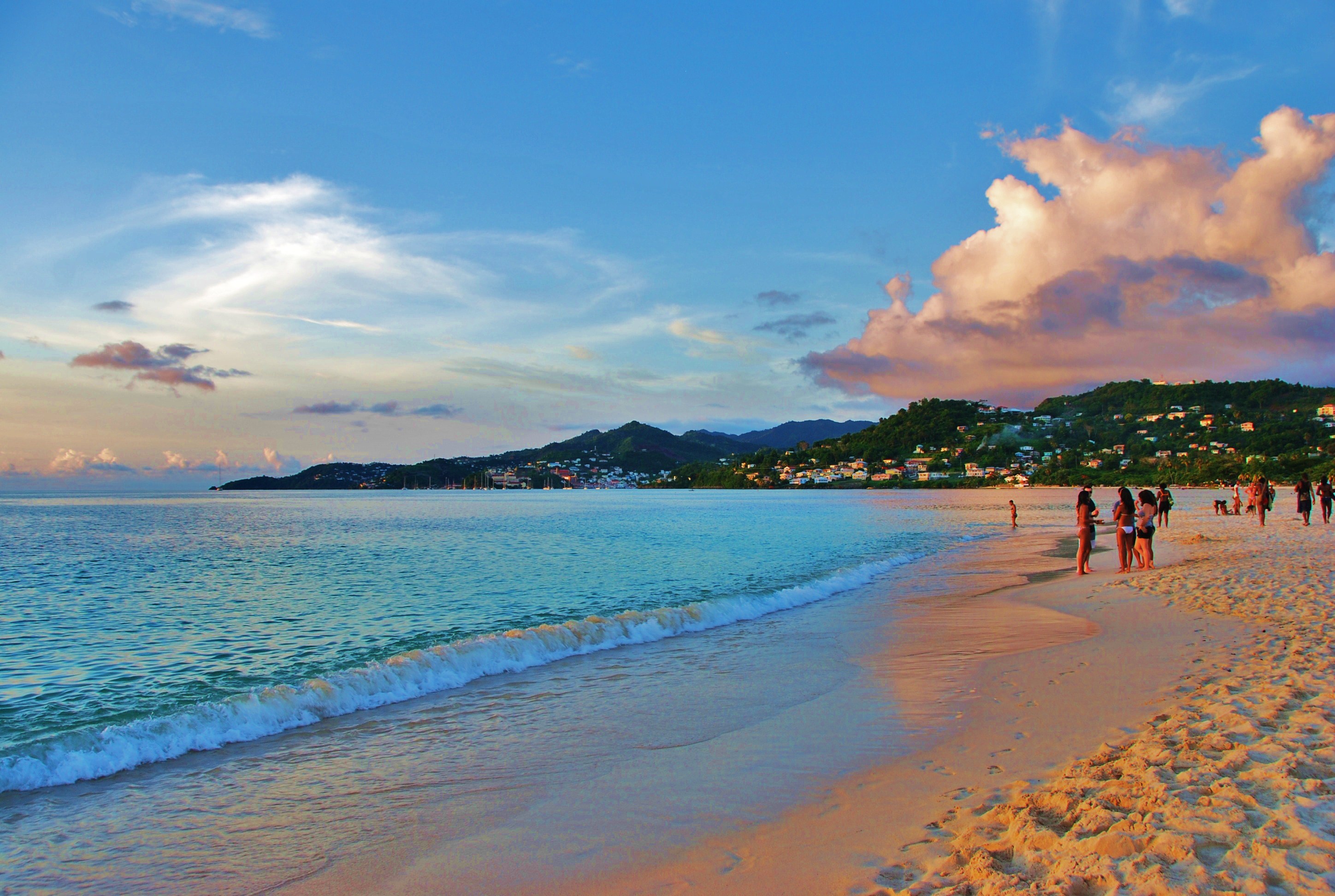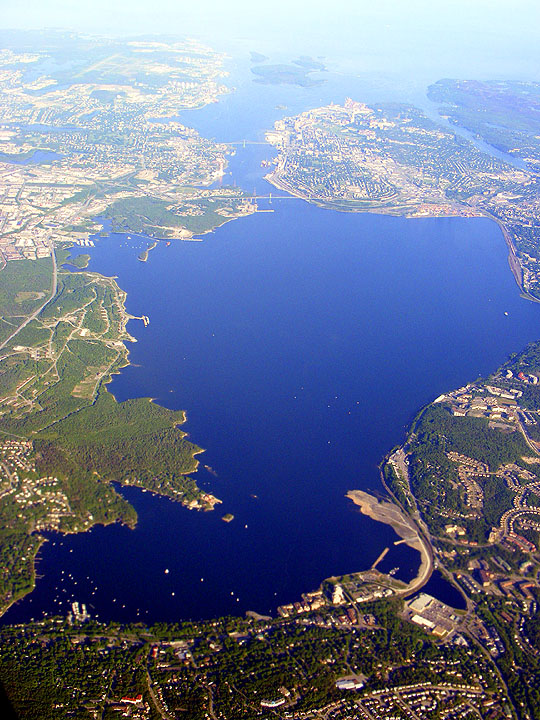|
Birch Cove, Halifax, Nova Scotia
Birch Cove (Mi'kmaq language, Mi'kmawi'simk: ''Mnikwaqnik'') is a Subdivision (land), subdivision and a cove in the community of Bedford, Nova Scotia, Bedford within the Halifax Regional Municipality in Nova Scotia, Canada, on the shore of Bedford Basin and along the Bedford Highway (Nova Scotia Trunk 2, Trunk 2). The original place name of the Mi'kmaq, ''Mnikwaqnik,'' means "place where they get bark." The English-language name is after the birch trees that hung over the cove by William Donaldson, who named his estate Birch Cove. History The Mi'kmaq people, Mi'kmaq used the area as a summer camping ground until the 1920s, there are also traces of an early Acadian village. A gravesite was uncovered in 1890 and scientific analysis proved they were actually Acadian soldiers. External linksDestination Nova Scotia Communities in Halifax, Nova Scotia {{HalifaxNS-geo-stub ... [...More Info...] [...Related Items...] OR: [Wikipedia] [Google] [Baidu] |
Mi'kmaq Language
The Mi'kmaq (also ''Mi'gmaq'', ''Lnu'', ''Miꞌkmaw'' or ''Miꞌgmaw''; ; ) are a First Nations people of the Northeastern Woodlands, indigenous to the areas of Canada's Atlantic Provinces and the Gaspé Peninsula of Quebec as well as the northeastern region of Maine. The traditional national territory of the Mi'kmaq is named Miꞌkmaꞌki (or Miꞌgmaꞌgi). There are 170,000 Mi'kmaq people in the region, (including 18,044 members in the recently formed Qalipu First Nation in Newfoundland.) Nearly 11,000 members speak Miꞌkmaq, an Eastern Algonquian language. Once written in Miꞌkmaw hieroglyphic writing, it is now written using most letters of the Latin alphabet. The Mi'kmaq, Maliseet, and Pasamaquoddy nations signed a series of treaties known as the Covenant Chain of Peace and Friendship Treaties with the British Crown throughout the eighteenth century; the first was signed in 1725, and the last in 1779. The Miꞌkmaq maintain that they did not cede or give up their land t ... [...More Info...] [...Related Items...] OR: [Wikipedia] [Google] [Baidu] |
Subdivision (land)
Subdivisions are the act of dividing land into pieces that are easier to sell or otherwise develop, usually via a plat. The former single piece as a whole is then known as a subdivision. Subdivisions may be simple, involving only a single seller and buyer, or complex, involving large tracts of land divided into many smaller parcels. If it is used for housing it is typically known as a ''housing subdivision'' or ''housing development,'' although some developers tend to call these areas communities. Subdivisions may also be for the purpose of commercial or industrial development, and the results vary from retail shopping malls with independently owned ''out parcels'' to industrial parks. United States History In the United States, the creation of a subdivision was often the first step toward the creation of a new incorporated township or city. Contemporary notions of subdivisions rely on the Lot and Block survey system, which became widely used in the 19th century as a means ... [...More Info...] [...Related Items...] OR: [Wikipedia] [Google] [Baidu] |
Cove
A cove is a small type of bay or coastal inlet. Coves usually have narrow, restricted entrances, are often circular or oval, and are often situated within a larger bay. Small, narrow, sheltered bays, inlets, creeks, or recesses in a coast are often considered coves. Colloquially, the term can be used to describe a sheltered bay. Geomorphology describes coves as precipitously-walled and rounded cirque-like openings as in a valley extending into or down a mountainside, or in a hollow or nook of a cliff or steep mountainside. A cove can also refer to a corner, nook, or cranny, either in a river, road, or wall, especially where the wall meets the floor. A notable example is Lulworth Cove on the Jurassic Coast in Dorset, England. To its west, a second cove, Stair Hole, is forming. Formation Coves are formed by differential erosion Weathering is the deterioration of rocks, soils and minerals as well as wood and artificial materials through contact with water, atmospheric gase ... [...More Info...] [...Related Items...] OR: [Wikipedia] [Google] [Baidu] |
Bedford, Nova Scotia
Bedford is a community of the Halifax Regional Municipality, in Nova Scotia, Canada. History The area of Bedford has evidence of Indigenous peoples dating back thousands of years. Petroglyphs are found at Bedford Petroglyphs National Historic Site. The Bedford area is known as Kwipek to the Mi'kmaq First Nation. 18th century On 21 July 1749, Father Le Loutre's War began when Edward Cornwallis arrived to establish Halifax with 13 transports. The British quickly began to build other settlements. To guard against the Acadians, the French, and the Mi'kmaq, British fortifications were erected in Halifax (1749), Bedford (Fort Sackville) (1749), Dartmouth (1750), Lunenburg (1753) and Lawrencetown (1754). The history of Bedford began when Governor Edward Cornwallis organised his men and began the construction of a road leading to Minas Basin on the Bay of Fundy after establishing the garrison at Halifax. To protect it, he hired John Gorham and his Rangers to erect a fort on the ... [...More Info...] [...Related Items...] OR: [Wikipedia] [Google] [Baidu] |
Halifax Regional Municipality
Halifax is the capital and largest municipality of the Provinces and territories of Canada, Canadian province of Nova Scotia, and the largest municipality in Atlantic Canada. As of the 2021 Census, the municipal population was 439,819, with 348,634 people in its urban area. The regional municipality consists of four former municipalities that were Amalgamation (politics), amalgamated in 1996: History of Halifax (former city), Halifax, Dartmouth, Nova Scotia, Dartmouth, Bedford, Nova Scotia, Bedford, and Halifax County, Nova Scotia, Halifax County. Halifax is a major economic centre in Atlantic Canada, with a large concentration of government services and private sector companies. Major employers and economic generators include the Canadian Armed Forces, Department of National Defence, Dalhousie University, Nova Scotia Health Authority, Saint Mary's University (Halifax), Saint Mary's University, the Halifax Shipyard, various levels of government, and the Port of Halifax. Agricult ... [...More Info...] [...Related Items...] OR: [Wikipedia] [Google] [Baidu] |
Nova Scotia
Nova Scotia ( ; ; ) is one of the thirteen provinces and territories of Canada. It is one of the three Maritime provinces and one of the four Atlantic provinces. Nova Scotia is Latin for "New Scotland". Most of the population are native English-speakers, and the province's population is 969,383 according to the 2021 Census. It is the most populous of Canada's Atlantic provinces. It is the country's second-most densely populated province and second-smallest province by area, both after Prince Edward Island. Its area of includes Cape Breton Island and 3,800 other coastal islands. The Nova Scotia peninsula is connected to the rest of North America by the Isthmus of Chignecto, on which the province's land border with New Brunswick is located. The province borders the Bay of Fundy and Gulf of Maine to the west and the Atlantic Ocean to the south and east, and is separated from Prince Edward Island and the island of Newfoundland by the Northumberland and Cabot straits, ... [...More Info...] [...Related Items...] OR: [Wikipedia] [Google] [Baidu] |
Shore
A shore or a shoreline is the fringe of land at the edge of a large body of water, such as an ocean, sea, or lake. In physical oceanography, a shore is the wider fringe that is geologically modified by the action of the body of water past and present, while the beach is at the edge of the shore, representing the intertidal zone where there is one. In contrast to a coast, a shore can border any body of water, while the coast must border an ocean or a sea. Therefore, in that sense, a coast is a type of shore. However, the word "coast" often refers to an area far wider than the shore, often stretching miles into the interior. Shores are influenced by the topography of the surrounding landscape, as well as by water induced erosion, such as waves. The geological composition of rock and soil dictates the type of shore which is created. Rivieras ''Riviera'' is an Italian word for "shoreline", ultimately derived from Latin ''ripa'' ("riverbank"). It came to be applied as a proper n ... [...More Info...] [...Related Items...] OR: [Wikipedia] [Google] [Baidu] |
Bedford Basin
Bedford Basin is a large enclosed bay, forming the northwestern end of Halifax Harbour on Canada's Atlantic coast. It is named in honour of John Russell, 4th Duke of Bedford. Geography Geographically, the basin is situated entirely within the Halifax Regional Municipality and is oriented northwest-southeast, measuring approximately 8 kilometres long and 5 kilometres wide, surrounded by low hills measuring up to 160 metres (525 feet) in elevation, although most elevations range up to 30–60 m (100–200 ft). The basin is quite deep with some areas measuring several dozen metres in depth; the good holding ground (mud) on the basin floor make it an ideal protected anchorage. The basin's geologic history can be traced to the Wisconsin Glaciation when it, along with "The Narrows", formed part of the pre-historic Sackville River valley. The basin contains the following sub-basins: * Bedford Bay, in the extreme northwest. * Birch Cove, on the western shore. * Fairview Cove, ... [...More Info...] [...Related Items...] OR: [Wikipedia] [Google] [Baidu] |
Bedford Highway
The Bedford Highway is a highway in the Halifax Regional Municipality, Nova Scotia that is part of Trunk 2. It runs around the western side of the Bedford Basin. The highway starts at the Windsor Street intersection on the Halifax Peninsula and passes by the communities of Fairview, Rockingham, and Bedford, where it becomes part of Trunk 1 to Highway 101 . Historically the Bedford Highway was part of the route from Halifax to Windsor, but also formed the first stage of a journey to Truro, with Sackville's Twelve Mile House staging inn marking the start of the Truro road. The never-completed Annapolis Road also began on the Bedford Highway, at today's intersection with Kearney Lake Road, which is believed to partly follow the alignment of the early road. Notable places *Fairview Lawn Cemetery *Mount Saint Vincent University *Rockingham Community Center *Clearwater *Mill Cove Plaza *The Chickenburger The Chickenburger is a Bedford Highway roadside landmark located in ... [...More Info...] [...Related Items...] OR: [Wikipedia] [Google] [Baidu] |
Nova Scotia Trunk 2
Trunk 2 is part of the Canadian province of Nova Scotia's system of Trunk Highways. The route runs from Halifax to Fort Lawrence on the New Brunswick border. Until the 1960s, Trunk 2 was the Halifax area's most important highway link to other provinces, and was part of a longer Interprovincial Highway 2 which ended in Windsor, Ontario. The controlled access Highway 102 and Highway 104 now carry most arterial traffic in the area, while Trunk 2 serves regional and local traffic. This highway forms part of the Glooscap Trail signed tourist route. Route description Trunk 2 begins at intersection of Connaught Avenue and Bayers Road on the Halifax Peninsula in the Halifax Regional Municipality, and travels north along Connaught Avenue and Windsor Street to Lady Hammond Road. This short section has minimal Trunk 2 signage, instead being signed as the main connection between Highway 102 and Highway 111. At the intersection of Lady Hammond Road and Windsor Street, route heads north, ... [...More Info...] [...Related Items...] OR: [Wikipedia] [Google] [Baidu] |
Mi'kmaq
The Mi'kmaq (also ''Mi'gmaq'', ''Lnu'', ''Miꞌkmaw'' or ''Miꞌgmaw''; ; ) are a First Nations people of the Northeastern Woodlands, indigenous to the areas of Canada's Atlantic Provinces and the Gaspé Peninsula of Quebec as well as the northeastern region of Maine. The traditional national territory of the Mi'kmaq is named Miꞌkmaꞌki (or Miꞌgmaꞌgi). There are 170,000 Mi'kmaq people in the region, (including 18,044 members in the recently formed Qalipu First Nation in Newfoundland.) Nearly 11,000 members speak Miꞌkmaq, an Eastern Algonquian language. Once written in Miꞌkmaw hieroglyphic writing, it is now written using most letters of the Latin alphabet. The Mi'kmaq, Maliseet, and Pasamaquoddy nations signed a series of treaties known as the Covenant Chain of Peace and Friendship Treaties with the British Crown throughout the eighteenth century; the first was signed in 1725, and the last in 1779. The Miꞌkmaq maintain that they did not cede or give up their land t ... [...More Info...] [...Related Items...] OR: [Wikipedia] [Google] [Baidu] |
Mi'kmaq People
The Mi'kmaq (also ''Mi'gmaq'', ''Lnu'', ''Miꞌkmaw'' or ''Miꞌgmaw''; ; ) are a First Nations in Canada, First Nations people of the Indigenous peoples of the Northeastern Woodlands, Northeastern Woodlands, indigenous to the areas of Canada's Atlantic Canada, Atlantic Provinces and the Gaspé Peninsula of Quebec as well as the northeastern region of Maine. The traditional national territory of the Mi'kmaq is named Miꞌkmaꞌki (or Miꞌgmaꞌgi). There are 170,000 Mi'kmaq people in the region, (including 18,044 members in the recently formed Qalipu First Nation in Newfoundland.) Nearly 11,000 members speak Miꞌkmaq language, Miꞌkmaq, an Eastern Algonquian languages, Eastern Algonquian language. Once written in Miꞌkmaq hieroglyphic writing, Miꞌkmaw hieroglyphic writing, it is now written using most letters of the Latin alphabet. The Mi'kmaq, Maliseet, and Passamaquoddy, Pasamaquoddy nations signed a series of treaties known as the Covenant Chain of Peace and Friendship ... [...More Info...] [...Related Items...] OR: [Wikipedia] [Google] [Baidu] |








.jpg)